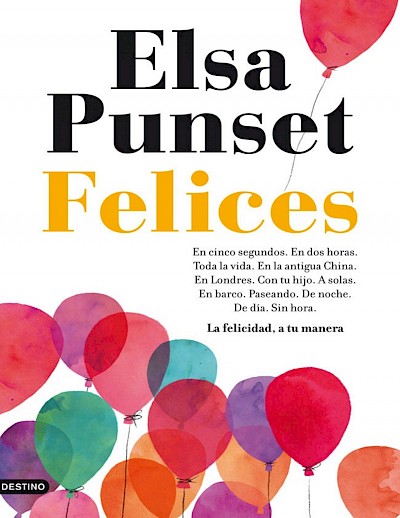When they reach adolescence, Australian Aborigines have a hard and essential rite of passage, called walkabout: they will live alone in the desert for about six months. When they return from this rite of passage to maturity, they are considered autonomous adults, capable of taking responsibility for their lives. They leave as boys and return as men.
During the stay in the desert, the children can only resort, to survive, to the physical and spiritual signals that their ancestors left them, which guide them to learn to find food. Young people not only leave the desert knowing their environment and knowing how to survive in it, but they also make an internal journey in which they challenge each other to know themselves better and to discover and train their skills. Rites of passage exist in all cultures, and mark the physiological or status changes that accompany humans throughout their lives. Deliberately acknowledging and celebrating these changes, both individually and in society, brings serenity to our brain programmed to survive, which sees change as potentially dangerous and tiring.
In the Anglo-Saxon dictionary and common usage, the word walkabout describes in a more general sense a time of solitude in which you are looking for yourself. Sure, it may be impossible to take six months for a journey of discovery, but from walkabouts we can learn the importance of knowing ourselves and getting out of our comfort zone.
To do this, take a trip on your own and consciously confront how vulnerable we feel when we are alone ... Also challenge yourself in those areas that cost you the most, such as learning to speak in public, investing in the stock market, cooking for a group of friends, go to a party alone and introduce yourself to strangers ...
You will discover and conquer your resources as a wise traveler.
